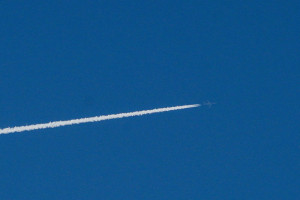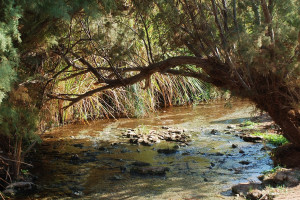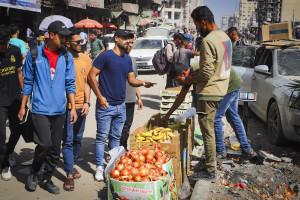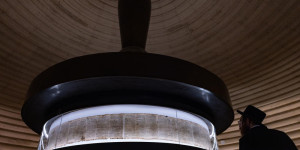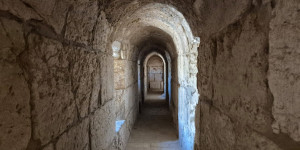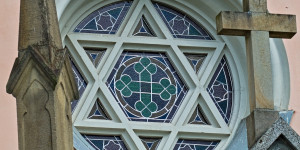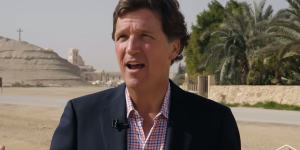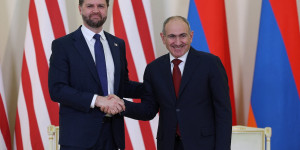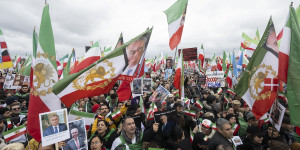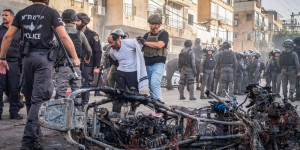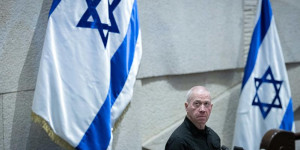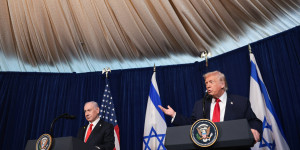Lebanon signals willingness to negotiate deal with Israel to halt IDF strikes on Hezbollah targets
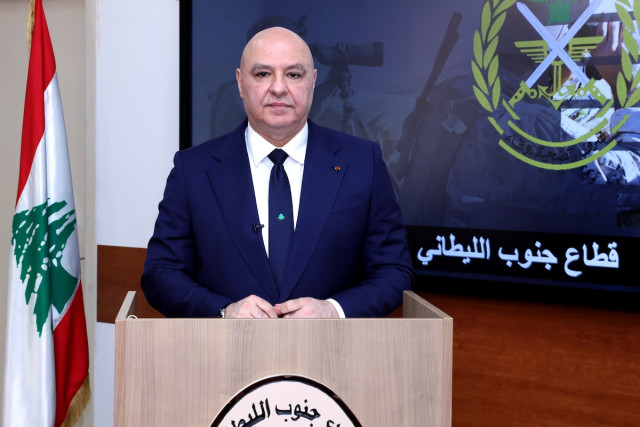
Lebanese President Joseph Aoun announced on Friday that Lebanon is seeking to negotiate a security agreement with Israel aimed at halting Israeli strikes on Hezbollah, the Iranian-backed militia operating in southern Lebanon. He said the proposal also includes a request for Israel to withdraw from five small border areas currently held by the IDF as a security buffer to prevent Hezbollah attacks on nearby Israeli communities.
Addressing the nation, Aoun said Lebanon would support “any agreement which will put a permanent end to the transborder aggressions,” a reference to Israeli military strikes against primarily Hezbollah targets.
“Lebanon’s friends and brotherly countries (are) to provide oversight throughout this process by establishing clear and guaranteed timelines, implementing an international mechanism of support to the Lebanese army, as well as assisting in the reconstruction efforts,” Aoun stated. Implementing these steps would ensure that “all weapons are in the hands of the state, on the entirety of the Lebanese soil,” he added.
Hezbollah launched an unprovoked attack on northern Israel on Oct. 8, 2023, one day after the Hamas massacre in southern Israel. For more than a year, dozens of Israelis were killed and tens of thousands were displaced from their homes in northern Israel as a result of the Hezbollah rocket and drone attacks. Israel responded by degrading Hezbollah’s military capabilities and eliminating its top leadership, including the terror group's secretary-general, Hassan Nasrallah. Although Hezbollah agreed to a ceasefire in November 2024, Israel has continued to strike targets belonging to the group inside Lebanon as the militia works to rebuild its depleted military capabilities, contrary to the ceasefire conditions.
On Wednesday, the Israel Defense Forces launched aerial strikes on Hezbollah weapon caches hidden in civilian homes in southern Lebanon. Following the strikes, the IDF announced that Hezbollah “has been working to rebuild its capabilities in the village of Beit Lif in southern Lebanon, in a blatant violation of the understandings between Israel and Lebanon.” Like its patron, the Iranian regime, Hezbollah openly calls for Israel's destruction.
Earlier this month, the U.S. Undersecretary for Terrorism and Financial Intelligence, John Hurley, announced that Iran had transferred approximately $1 billion in funds to Hezbollah despite the Western sanctions on Tehran.
“Even with everything Iran has been through, even with the economy not in great shape, they’re still pumping a lot of money to their terrorist proxies,” Hurley said.
Although the ceasefire calls for a full Israeli withdrawal from Lebanon, it also requires Hezbollah to disarm and pull back from the border area to positions north of the Litani River. To date, Hezbollah has refused to give up its weapons, and it remains uncertain whether the Lebanese government has the capacity to enforce the disarmament demanded by the United States, Israel, and other members of the international community.
U.S. Ambassador to Turkey and Special Envoy for Syria, Tom Barrack, who was initially optimistic about Lebanon’s new government, recently acknowledged that the situation has deteriorated.
“Lebanon is a failed state,” Barrack assessed. “It has no central bank; its banking system has collapsed. There is no electricity; people depend on private generators. Even water and education are provided by private suppliers. The state is Hezbollah, which in the south provides water and education."

The All Israel News Staff is a team of journalists in Israel.
You might also like to read this:


